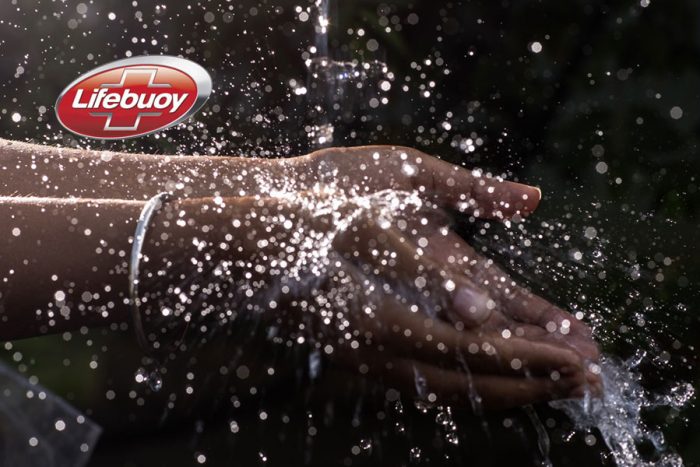Healthy Hands School Programme

Lifebuoy is South Africa’s #2 overall soap brand and a Unilever Global Business Brand. Lifebuoy started with William Lever’s goal to stop cholera in Victorian England and has since played a pivotal role in the global fight against infections and diseases, and the creation of vaccines and germ protection. Over the last century, Lifebuoy has evolved into the world’s #1 germ protection soap and a worldwide industry leader, bringing better health and hygiene to billions.
Opportunity for Creating Shared Value
Research by the World Health Organization reveals that every year over 2 million children globally die from sicknesses such as diarrhoea and pneumonia. These sicknesses and diseases are spread through improper health and hygiene practices. Hand-washing with soap is a provable, cost-effective and accessible health intervention. The simple act of washing hands with soap and water at the appropriate time could drastically reduce the scale of this tragedy, if not eradicate it completely.
Lifebuoy offers a range of soap products formulated with germ-killing properties for protection from these very diseases. Lifebuoy authentically and realistically appeals to both the higher and lower end of the LSM spectrum and, for generations, Lifebuoy’s marketing approach has offered mothers a germ protection solution for children and directly targeted children’s health issues.
The Strategy
In 2015, Unilever accepted a leadership role in the United Nation’s establishment of the Global Goals and Sustainable Practices in Business. Thereafter, in 2016, Lifebuoy’s renewed Schools’ Programme in South Africa was remodeled and implemented to improve children’s health and children’s health education.
The Schools Programme directly targets a range of schools in both the lower and upper end of the market focusing particularly on Grade 1 learners. In partnership with the Millennial Village Project that teaches hand-washing across rural Africa in a bid to end extreme poverty, Lifebuoy embarked on major educational projects throughout schools in the country.
During the week of Global Handwashing Day, which falls on 15 October, Lifebuoy directly engaged students with education and demonstrations about washing hands and other related hygiene information. This campaign attracted the attention and cooperation of the South African Department of Education and was integrated into the official school syllabus for 2017.
Results
Business Results:
Through the Healthy Hands School Programme, Lifebuoy has secured supply and improved profitability. 2016 has gone down in history as Lifebuoy’s most successful year to date. This achievement resulted from the brand’s courageous approach to the schools’ program. The pure scale of the schools’ programme has helped Lifebuoy reach the following outstanding results:
- highest market share since local launch in the early 90s
- Unilever SA’s fastest growing brand for the majority of 2016
Social Results
Through the Healthy Hands Programme, Lifebuoy has improved education and health. During the week of Global Handwashing Day in 2016, Lifebuoy directly engaged over 30 000 students with education and demonstrations about washing hands and other related hygiene information. With a schools programme that teaches and inspires hand-washing, Lifebuoy is converting students into ambassadors who can go home and teach the rest of the family about proper health and hygiene.
The partnership with the Department of Education is testament to Lifebuoy’s scale of impact. Integrating this programme into the national syllabus means that every child in Grade 1 in every public school in South Africa will participate in Lifebuoy’s schools programme and receive education about proper handwashing, health and hygiene.
Lessons Learned, Challenges and Future Growth
Preventable Child Deaths continue globally every day and Lifebuoy, along with its global partners, is committed to bringing health and hygiene to a billion people. The future of Lifebuoy’s School’s Programme will focus on the partnership with, and integration into, the Department of Education’s school syllabus.




